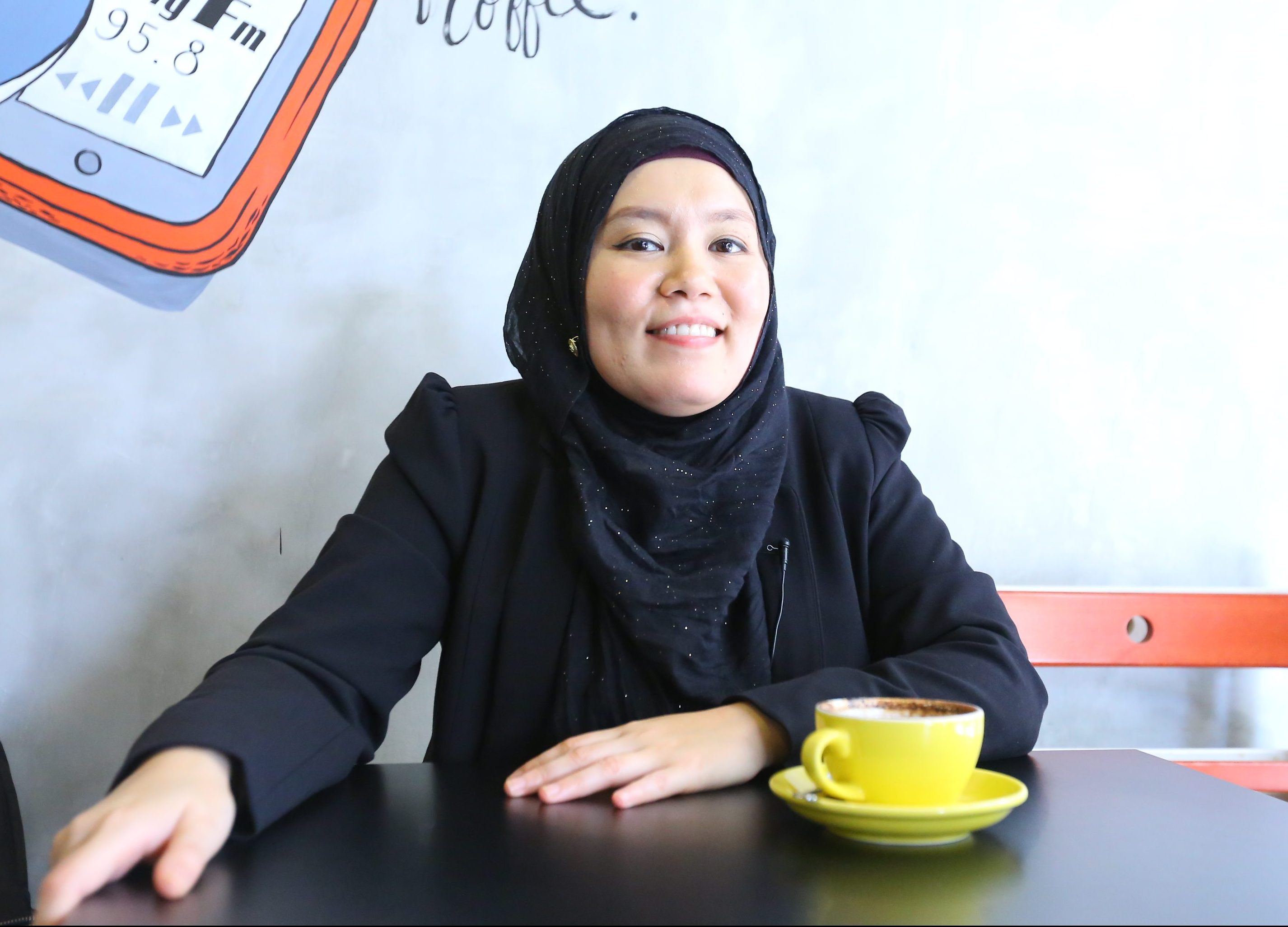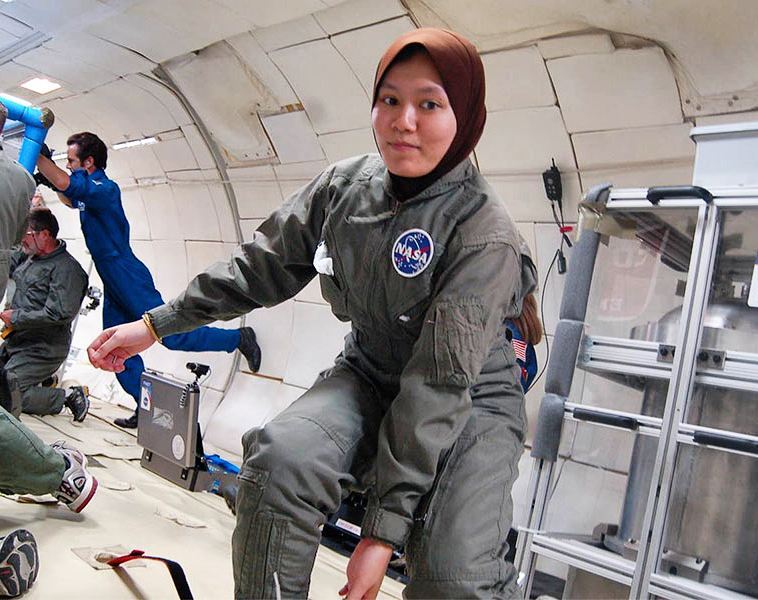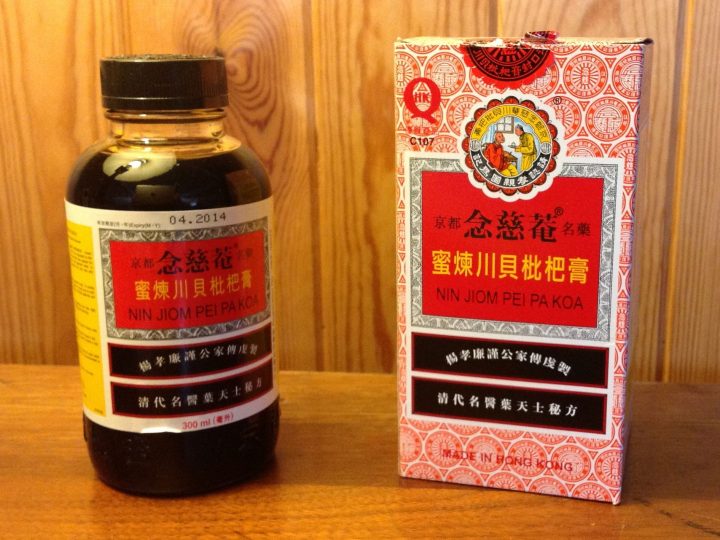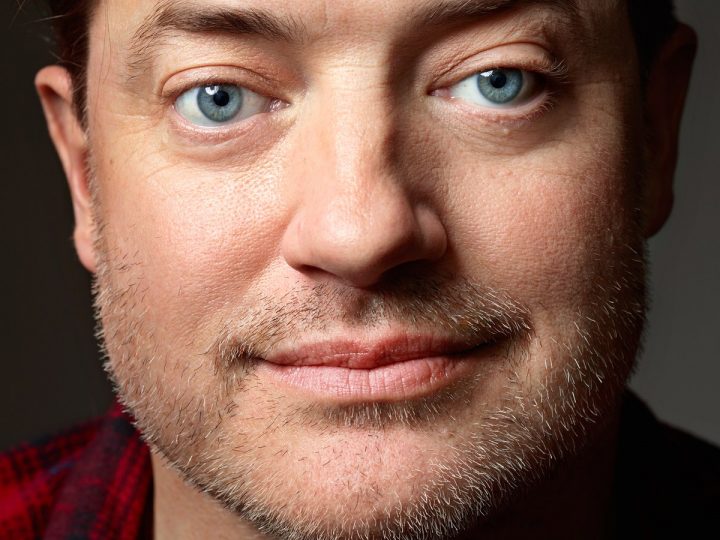Instead of Rocketing to the Stars, This NASA Scientist Chose Her Homeland
 Thirsty for JUICE content? Quench your cravings on our Instagram, TikTok and WhatsApp
Thirsty for JUICE content? Quench your cravings on our Instagram, TikTok and WhatsApp

In a field that’s mostly male-dominated, there stands a woman who broke the norm. Meet Dr. Wan Ardatul Amani Wan Salim, a Malaysian scientist who worked with the National Aeronautics and Space Administration (NASA) and was the first Malaysian to launch a satellite to space back in 2014, when she was just 36 years old.
According to Malaysiakini, Dr Amani was entrusted to lead a team that comprised of 28 scientists, technologists and engineers, to work on NASA’s first ever astrobiology programme to test how living cells would respond to a lack of gravity.
The project was eventually launched as a nano-satellite together with a SpaceX rocket as part of NASA’s Journey to Mars mission.

A native of Penang, her journey began when she was still an electrical engineering student at the University of Minnesota, USA. She volunteered to spend her time working in laboratories and her first job was just washing glass slides and cover slips for microscopes (note: JUICE offers internships, write to us!). This job led her to NASA. She said:
“I worked in these laboratories because I wanted to learn, but because I did the work so well, they started paying me and giving me opportunities, to the level that the professor recommended me to do a PhD in biomedicine.
“It’s not that I wasn’t solving problems in the US, but there are already so many people solving problems there. When I looked at the context of Malaysia, I saw that I could solve this and solve that,” she said in the same article.

She relocated back to Malaysia in late 2014 and since then, has shifted her focus from satellites to creating simple devices for local communities. One of her inventions is a simple sensor that enables just about anyone to test water samples to check if there’s any harmful bacteria and is especially useful in flood conditions. Other than that, she and her team are currently working on building a re-useable, affordable and non-invasive device to monitor blood glucose.
Currently, Dr. Wan Wardatul Amani teaches and conducts research at the International Islamic University Malaysia (IIUM). Although she could have easily stayed with NASA and changed the world, she wanted something more – she wanted to solve the problems back home.
Way to go, Dr. Amani.
For more news, click here.

 Get Audio+
Get Audio+ Hot FM
Hot FM Kool 101
Kool 101 Eight FM
Eight FM Fly FM
Fly FM Molek FM
Molek FM
